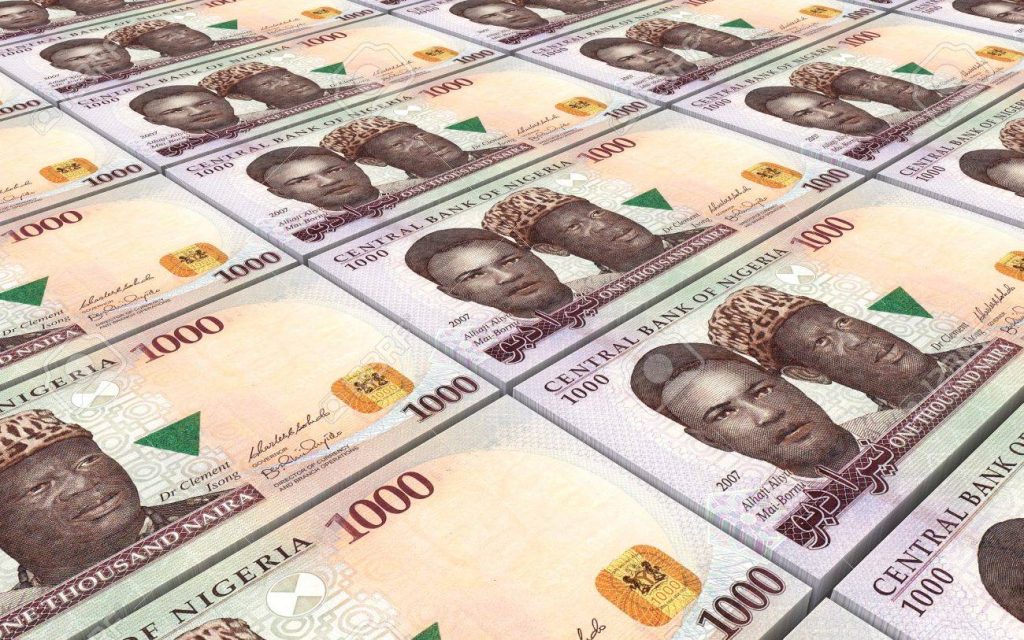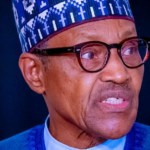The first paper money started out in Sweden in 1661. The early paper currencies often got inflated until they became worthless. We all know the story about fiat money – especially paper currency – emerging from receipts given by “bankers” to their customers in evidence of deposits that they had made. These papers soon became exchangeable by anyone holding them for their equivalent in goods. Governments stepped in and issued the papers with the strength of force. Everybody must take the paper, or die.
This phenomenon has become seamless today. But there seems nowhere that a freshly minted Minister of Finance of a new nation could contact for what to do next. What I can decipher so far is that most nations start out with a strong currency, in line with Joseph Stalin’s truism (later echoed by no less than Margaret Thatcher) that “to destroy a country, first debauch its currency”.
A strong currency is where a nation starts from and then works to maintain. As nations record successes militarily, economically, socio-culturally and politically, the currencies may falter, but they must never be debauched. A smart nation will ensure it leads in technology and is able to fulfill the needs of its people, as well as attract the capital and currencies of other nations (foreign portfolio or Foreign Direct Investment-FDI). The more other currencies chase your currency (meaning the more the demand for your products, services, or investments in your country’s financial markets or permanent investments in your country), the stronger your currency becomes, and vice versa.
What we have seen is that all nations start strong. The story of African nations is signposted by unforgivable failures along all the lines that I mentioned above. A country like Nigeria features the very opposite of what makes a currency strong but in looking at these factors, we should see our own individual failures, contributions to the sorry state of the naira, and collective near hopelessness. For not only do we not lead in technology, but we also cannot fulfill the needs of our people, our exports are not sought after, no one is really bringing money here to invest, and we only attract the occasional hot money into our financial markets, which leave us when we need them most. And we must also mention the debilitating effects of many destabilisation programmes from the Western nations – whether in terms of recommending or pushing bad economic policies, or moving against governments, or such like.
The recent engagements with China is a saving grace for many African nations because at least we see some infrastructure on ground and no one is pushing any African nation to become communist at present. This is much to the chagrin of Western countries.
As currencies go, what I learnt, taking some currencies as case study, is that the British Pound was once the strongest and most popular reserve currencies in the world until Britain received a good pounding (no pun intended) from the Germans during the Second World War. The war crippled Old Britannia and saw that great nation crawling to the Americans in 1945. The Americans saw a chance for domination and of course, revenge against the empire which colonised them for centuries until they fought back through a revolution. The Bretton Woods meetings were called, institutions like the World Bank and IMF were formed and in exchange for a huge bailout, the Americans asked Britain to devalue the Pound overnight by 60 per cent. That was the end of the empire, as the United States Dollar became the world’s dominant reserve currency, pegged against gold at $37 per ounce, until 1971 when Richard Nixon let go of the Gold Standard. Britain was forced to devalue then. About 20 years ago, the Pound exchanged for $2 but hovers around $1.30 today. They have ensured the Pound is not debauched and the economy is by far more productive than ours. The Japanese Yen also compared with the Dollar until the same World War II. Defeat at Hiroshima and Nagasaki through two deathly atomic bomb, sent the Yen to 600 to one Dollar.
After the war, the Japanese have worked to strengthen their currency, first to about 300 and today it hovers around 109 to the US dollar. The Japanese economy is also very technological and productive. The country can ensure the currency hovers around where it is at today, but never become toilet paper. The country has very complex products to export to the world too, so this is a good strategy for her. The Chinese Yen traded at 1.92 for 1 D as at 1982, which is where the records I saw started. The currency fell to about 8.3 to the dollar in 1985 but has strengthened back to 6.47 as I type. The Egyptian Pound was stronger than the US dollar as at 1940, when it was 0.25 to one US dollar. There was devaluation to 3 Egyptian Pounds for $1 in 1990. Political upheavals and recent reforms have led to a devaluation to 15 Egyptian Pounds to $1 today. Not debauched yet, but painful for the Egyptians who rue the time of Mubarak today.
Egypt is our closest good example, except we want to emulate Ghana, which saw her currency devalued to as low as 9400 Cedis to $1 as at 2007, and after many battles, decided to ‘redenominate and restructure’ the currency. Nigerians hailed Ghana then (as we are wont to, since we always believe the grass is greener in our neighbor’s lawn).
The redenomination was a mirage. Four zeros were removed, giving Ghanaians an impression that their currency was suddenly stronger than the US Dollar. 9400 became 0,94 Ghana Cedi to $1. As the decimal points lulled Ghanaians to sleep, their currency fell, first to 0.94 (9,400), then 1 for 1, i.e. 10,000 GHC to $1. It fell further to 2 (20,000 Cedi) =$1 and on and on, eliciting national prayers. Today, the currency sells at 5.98 to the US dollar, or in the old currencies with all the zeros intact, 59,800 cedis to the US dollar. I recall one of Nigeria’s musicians traveling to Accra the other day, changing a few naira to Ghana Cedi and then raining abuses on the naira. But most Nigerians follow musicians and Big Brother ‘stars’, never a people who would advise them correctly.
I must also note, that since the ill-wind of devaluation based on bad advice about exports, devaluation that African nations never prepared for and which has held us in a dizzying spell till today, most of the sub-Saharan African nations have been battling with the prospects of their currencies turning to the famous toilet paper.
This devaluation frenzy is however a fairly-recent phenomenon. The real history is that a country should maintain a strong currency and only devalue when it’s ready and for strategic reasons. It is not an academic affair or what you talk whimsically about. We are all in it. For us to be ready to devalue, we will also not be willing to allow every import because we will be drowned in them and distracted from the required hard work of hunkering down to produce what our people really need.
When a nation ignores the Marshall-Lerner warning, devalues and allows foreign goods to come in freely, what it does is devalue her people. There is no wonder that Nigerians used to attract respect abroad but not anymore today. Poverty, want, illiteracy has reached stratospheric levels. Liberal economists should know that these things connect. We cannot hide in a cocoon and pontificate about “true value of the Naira’.
Happy 61st Independence, if you are in a celebratory mood. I’m not.

 Join Daily Trust WhatsApp Community For Quick Access To News and Happenings Around You.
Join Daily Trust WhatsApp Community For Quick Access To News and Happenings Around You.


